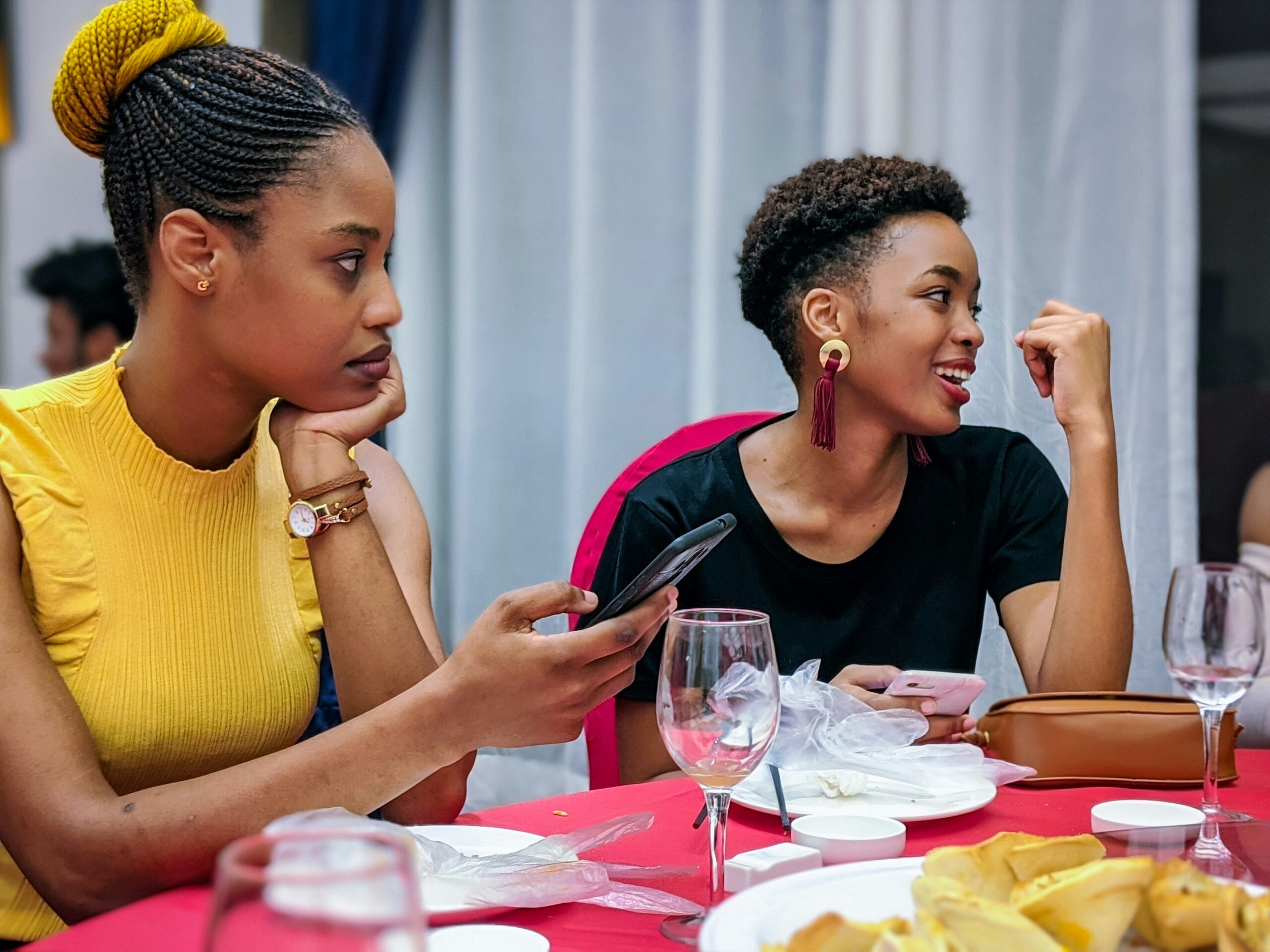Not every friendship ends in fire. Some just fade.
You don’t even notice it at first. A missed call here, a rain check there. You stop sharing the little things: your random thoughts, your ugly cries, your petty wins. The friendship that once felt like home now feels like a memory of a home you used to live in.
No big blowup. No betrayal. Just … a drift.
It’s jarring when someone you once leaned on feels more like a ghost than a grounding force. But here’s the truth most people don’t talk about: it’s normal. Friendships — like people — grow, evolve and sometimes outgrow each other. And navigating that isn’t about being cold or careless. It’s about being honest with them, and more importantly, with yourself.
The Quiet Fade-Out
Society preps us for romantic breakups. Songs, movies, even ice cream flavors are made for that kind of grief. But friendship grief? It’s murky. It’s harder to label, and even harder to talk about.
That friend who used to get you, who showed up when your world felt like it was falling apart? Maybe now they’re consumed with their own chaos. Or maybe you’ve changed. What once aligned now feels out of rhythm. The texts feel obligatory. The laughs feel a little forced.
It doesn’t mean either of you failed. It means the season shifted.
The question is: do you let it go, try to rekindle it or redefine it?
Check Yourself Before You Check In
Before you send the, “Hey, we haven’t talked in a while” message, check in with yourself. What do you miss?
Sometimes, we miss the role someone played in our life more than we miss the person themselves. That doesn’t make you a bad friend — it makes you human. Just don’t chase connection out of guilt, nostalgia or the fear of being alone.
Ask yourself:
- Am I holding on because I’m afraid to let go?
- Have I changed in ways that make this friendship feel mismatched?
- Am I compromising parts of myself to keep this friendship alive?
Friendship Isn’t a Performance
Friendships are intimate relationships. They’re not background extras in your life’s movie — they’re co-stars. And like any relationship, they work best when there’s mutual growth, respect and emotional reciprocity.
But here’s the curveball: some friendships are great for laughs and lightness, but not for the heavier stuff. And that’s okay. Not every friend needs to be your emotional backbone.
Recognize the role a person plays in your life now, not just the role they used to play. Honor it for what it is, not what it was.
Revive or Release?
Sometimes, what feels like a drift is just life getting loud. People get busy, overwhelmed or distracted. If the friendship matters to you, reach out. Not with guilt-trips or dramatic monologues, but with curiosity and care.
“Hey, I know we’ve both been caught up in life lately, but I miss our talks. Want to catch up soon?”
Simple. Honest. No pressure.
If the spark reignites — amazing. If it doesn’t — also okay.
Some friendships are worth fighting for. Others are worth letting go of, with gratitude. You can love a friendship deeply and still choose distance because your needs, values or energy no longer align.
Grieving Without Bitterness
When a friendship fades, let yourself grieve. Yes, even if there was no fight, no betrayal, no obvious reason. You’re allowed to grieve someone who’s still alive. You’re allowed to feel sad that your inside jokes now live in the past.
Cry if you need to. Write them a letter you don’t send. Talk it out with someone who gets it. Then thank that friendship for what it gave you and give yourself permission to move forward, lighter.
The Most Important Relationship? The One With Yourself
At the end of the day, the most important relationship is the one you have with yourself.
If you find yourself morphing to fit into friendships — biting your tongue, dimming your light, ignoring your needs — it’s time to ask: what am I really trying to hold onto here?
True friendships don’t demand self-erasure. They celebrate your growth, even when that growth creates space. They cheer for you, even if the cheering happens from afar.
Relationships that require you to abandon yourself aren’t relationships. They’re performances.
And you? You don’t need to perform to be loved.
Navigating friendships in adulthood can be murky and challenging. Find more on how to work through these social interactions on our “Relationship” hub.




